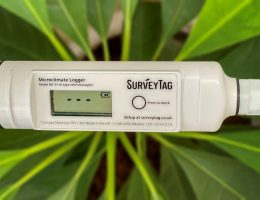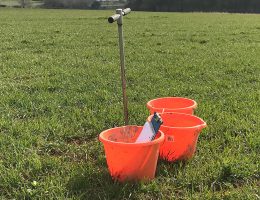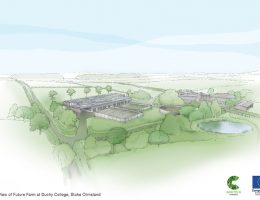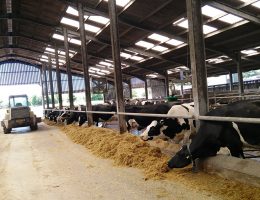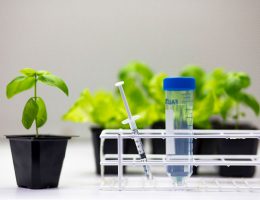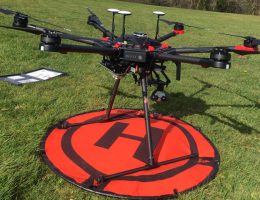This project’s remit was to develop a rapid soil-phosphate measurement toolkit, which was crucial for several reasons. Firstly, phosphate sources are limited; any tool helping farmers to use it more precisely avoids unnecessary depletion of this natural resource.
Secondly, moving from prophylactic over-use to more precise, targeted applications of phosphate would reduce the volumes of phosphate which end up polluting watercourses.
Thirdly, such a tool would directly benefit farmers: cheaper, more frequent and accurate soil-testing means they use fertiliser only where and when needed, resulting in increased yields, less work and lower costs.
Early work towards this goal saw Rothamsted Research, (RRes) collaborate with a Cornish environmental sensor business. The challenges encountered – the sensor’s inability to detect phosphates in a soil sample using water as an extractant, high levels of interference from nitrate – meant this collaboration ended early.
However, the team at RRes continued, and began a collaboration with Grassland Resource and Improvements, a Cornish agronomist, to find a network of Cornish farms and growers to sample soils and trial new strategies. A company called Phosfield Limited was established in 2019. Part of their work – and of the project’s remit – involved developing fertiliser recommendations so that those using the kits would know which fertilisers worked best on which soil types.
Covid meant visits, workshops and training events had to be cancelled, as did the researchers’ trip to test the prototype kit in Ghana, where Agricultural Extension workers provided feedback about its useability. This input, along with soil-testing in the UK, led to the kit and testing protocol being tweaked and improved in light of user experiences. It also means researchers are better equipped to adapt the test for use in developing countries.
Overall, the project has successfully produced a prototype rapid soil-phosphate measurement toolkit which will enable cheaper, more frequent testing as well as more precise fertiliser applications, maximising yields and reducing pollution. The issues described above, along with Covid, have left a gap between prototype-development and product-launch, but working with a product design company has definitely enhanced the prototype test kit, making it more user friendly and nearer to market. As a result, Phosfield Ltd is actively moving this forward in collaboration with the RRes Innovation and Commercialisation Office.
To find out more, please email us at martin.blackwell@rothamsted.ac.uk or call us on +44 (0)1837 512 322
.




